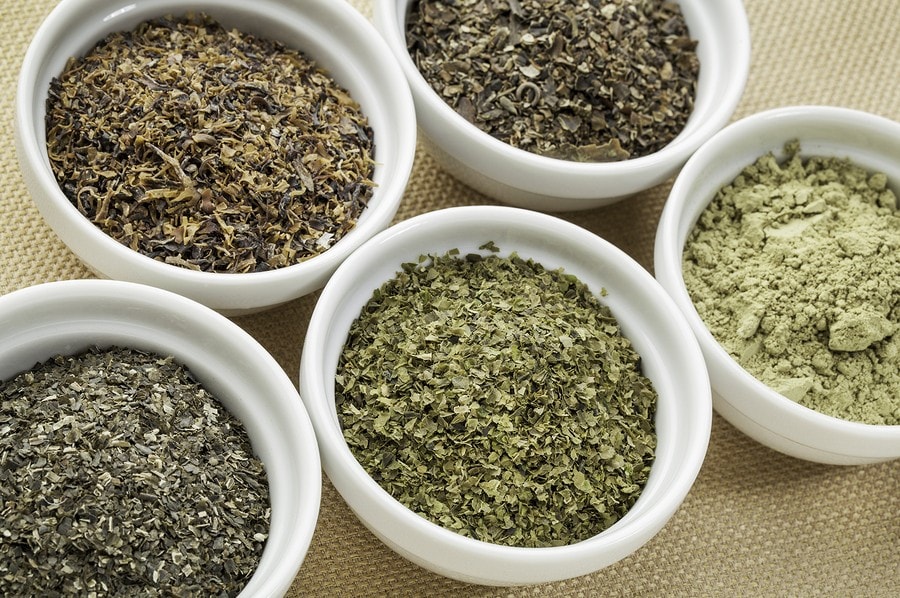University of Glasgow backs Scottish Kelp supplement

Many people admit to feeling generally under the weather much of the time, with symptoms including tiredness and loss of energy, along with dry hair, skin and nails. If that sounds like you, it’s entirely possible that you could be one of the 63 per cent of the UK population who is deficient in iodine.
Iodine might not be something you would think about supplementing on a daily basis, but a study published by the University of Glasgow last week might make you think seriously about adding kelp to your daily supplement routine. The study focused on one particular supplement called Napier’s Organic Seagreens Hebridean Kelp Supplement, which contains organic seaweed.
Health conscious celebrities such as Gwyneth Paltrow and Oprah Winfrey are reportedly already fans of using seaweed in their diet, and nutrition experts agree that the kelp supplement they studied, which contained extract of wild wrack seaweed, could be beneficial to many young women in the UK who had low iodine levels. An independent study backed the nutritionist’s claims and stated that the supplement was so effective that it could actually replenish iodine levels in just three days.
The study looked at a sample of 42 women, aged 25, who each took one seaweed supplement capsule daily over a two-week period. The women’s intake of iodine-rich foods was much lower than the recommended daily amount, and 52 per cent were actually deficient in the mineral before the study started.
After two weeks of regular supplementation, there was a significant rise in the women’s iodine intake – the group with low levels of iodine showed an increase from 93mcg per day to 262mcg per day.
A diet which is low in iodine can lead to an underactive thyroid, which leaves sufferers feeling lethargic, achy and run down, and can also lead to weight gain, brittle nails and dry hair. Experts suggest that women with diets low in dairy products and seafood would benefit from a daily seaweed supplement to top up their iodine levels.
British researchers believe that many women could unknowingly be affected by iodine deficiency, and that in particular, iodine deficiency in pregnant women should be highlighted as an important public health issue. It has been shown that even a mild iodine deficiency while pregnant could have an impact on a child’s educational outcomes during the first nine years.
Following the study, an article in the British Journal of Nutrition revealed that tests indicated a single capsule contained the same amount of iodine as one and a half mackerel. Seaweed consumption in most Western cultures is low, mainly because of low availability and a lack of consumer awareness of the potential health benefits, opening the door perhaps to ‘functional’ fortified foods and supplements.

